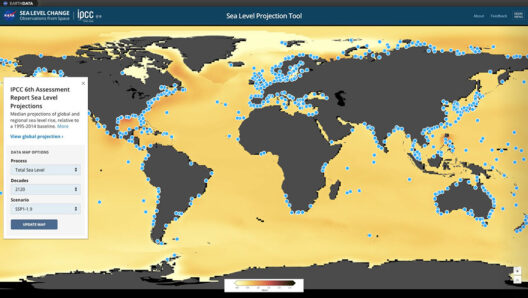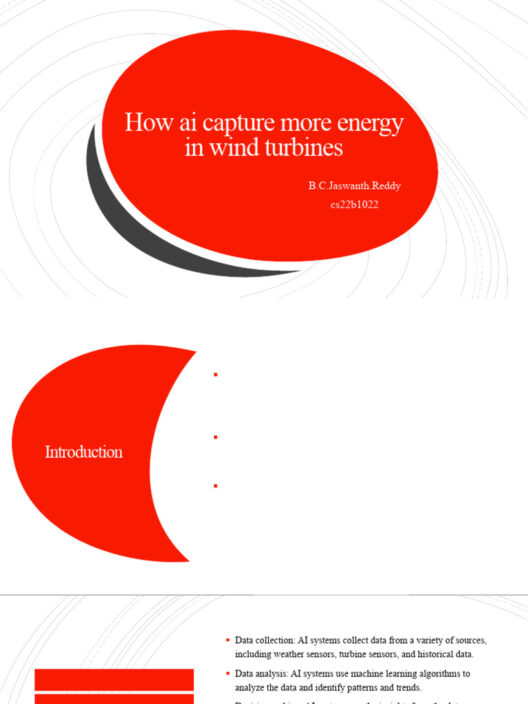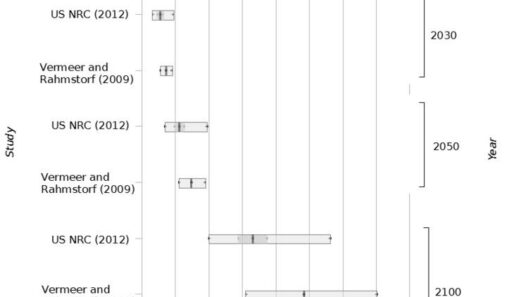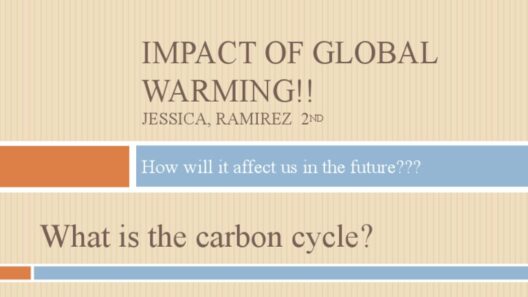The tumultuous landscape of American politics has seen various civic issues take center stage, but few evoke the fervor and division as starkly as climate change. With the advent of Donald Trump’s presidency, the question emerged not just about his administration’s policies, but the underlying convictions that shaped these stances. Does Trump believe in global warming? This inquiry dives into the convoluted realm of political perspectives on climate change, where varying beliefs and scientific realities collide like tectonic plates beneath a restless earth.
As we traverse this terrain, it is crucial to distinguish between personal conviction and political strategy. Trump’s rhetoric around climate change has often oscillated between skepticism and outright denial, echoing an age-old refrain in political circles: rhetoric can be an instrument for rallying a base.
Riding the Winds of Doubt
At the core of Trump’s public statements regarding global warming lies an ambiguous narrative. For much of his presidency, he has framed climate change as a contentious issue rather than a consensual scientific truth. In 2012, he famously tweeted, “The concept of global warming was created by and for the Chinese in order to make U.S. manufacturing non-competitive.” This assertion serves as a prime instance of how skepticism can be weaponized, casting doubt upon the scientific community while appealing to nationalist sentiments.
By conflating environmental concerns with economic stability, Trump cultivated a political narrative that resonated with many Americans who viewed climate regulations as burdensome impediments to progress. This is an intriguing metaphor for a larger ideological battle: the tension between environmental stewardship and economic growth, represented as a heavyweight championship match. Trump’s supporters, fueled by his promises of economic revival, often overlook the looming specter of environmental degradation. In this tug-of-war, climate change is flanked by careerism and commercialism, complicated by the current administration’s decisions on climate agreements such as the Paris Accord.
Layered within this debate is the alarming trend highlighted in various surveys, revealing that a significant portion of Trump voters express skepticism toward human-caused climate change. Only a quarter of these individuals acknowledge the scientific consensus that human activity is driving global temperatures upward, reflecting a disconnect perpetuated by political discourse and media messaging.
Through the Lens of Misinformation
The media landscape plays a pivotal role in shaping public perception of climate change. Misinformation and sensationalism often douse the flickering flame of scientific integrity. In a world where social media platforms can amplify false narratives, Trump’s stance may be seen as a manifestation of a broader societal issue—an age where fact-checking becomes laborious and truth is often relegated to the whims of those with the loudest voice.
Skepticism towards climate science is not merely an isolated phenomenon; it reflects a deeper mistrust of governmental and scientific institutions. Trump’s criticisms of scientists and environmentalists resonate with certain segments of the population who feel alienated by what they perceive as elitist perspectives. His denial of climate science becomes less about the empirical evidence and more about social identity, forming an emotional barricade against evolving ideas. In a kaleidoscope of thought and belief, he has adeptly positioned himself as a champion of the everyman, casting climate concern as a liberal agenda to sidestep.
Polarized Perspectives and their Implications
The polarization around climate change brings forward dire implications for policy-making. When leaders embrace skepticism, it becomes increasingly challenging to forge bipartisan solutions to environmental problems. Climate change is not merely a political footnote; it encroaches upon the fabric of life itself, influencing biodiversity, energy resources, and weather patterns that will shape future generations.
As the Earth’s climate continues to shift, characterized by extreme weather events, rising sea levels, and unyielding heat waves, the realm of climate denial becomes more perilous. The narratives surrounding climate change must evolve to reflect the complexities of this global crisis. It is paramount to transition from mere rhetoric to actionable solutions, transcending the simplistic binaries of belief and disbelief.
The current climate reality challenges the political sphere to reconcile ideological differences and enact policy that transcends short-term political gains. The resistance to climate action, propelled by figures like Trump, inadvertently fuels a dangerous cycle where economic rationale trumps ecological wisdom. As the faithful bolster these narratives, the broader understanding of climate science remains obscured, leading society down a precarious path.
Bridging the Divide
Engaging with climate change requires more than acknowledging scientific data; it demands building a coalition that embraces diverse perspectives while prioritizing the survival of our planet. This coalition must encompass not just scientists and lawmakers, but also local communities and industries that stand to gain from sustainable practices.
Education plays an invaluable role in bridging this divide. Knowledge that transcends political bias can foster a climate-conscious citizenry equipped to navigate the complex interplay between economics and environmental stewardship. Grassroots movements, advocacy groups, and education initiatives must spearhead this endeavor, fostering collaboration instead of conflict.
In conclusion, as the question of whether Trump personally believes in global warming lingers, the broader narrative revolves around the implications of such beliefs on climate policy, public discourse, and environmental action. The complex interplay of political conviction, public sentiment, and scientific truth demands scrutiny, urging society to unite towards a common vision of sustainability. Our planet’s future hinges not merely on rhetoric, but on the tangible actions we take today to combat the climate crisis looming on the horizon.







